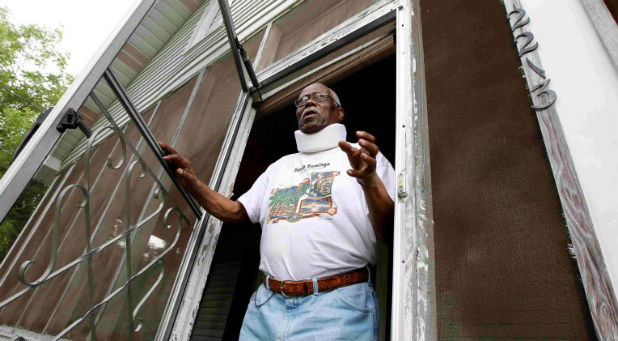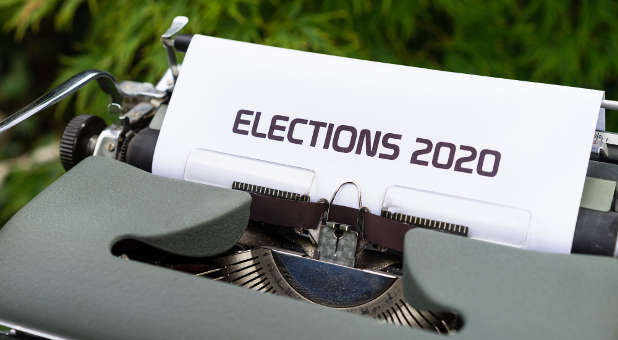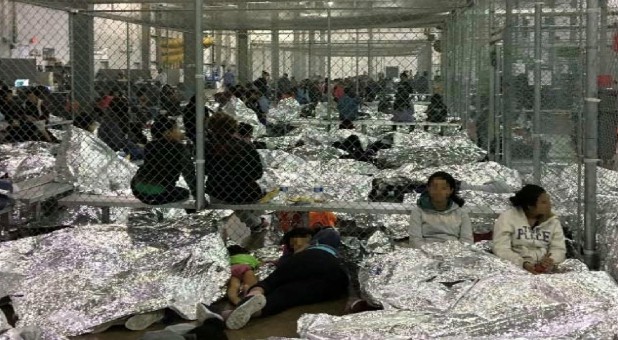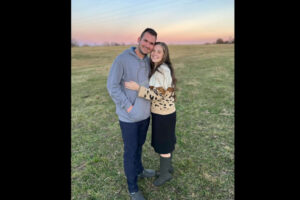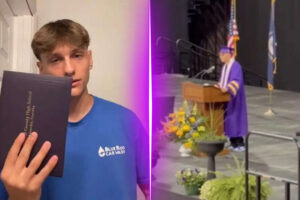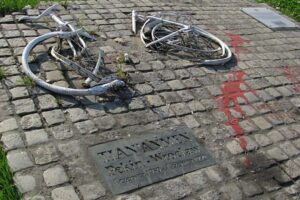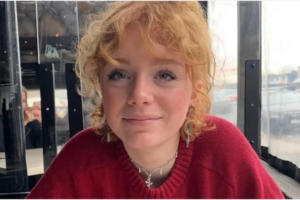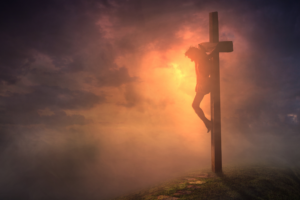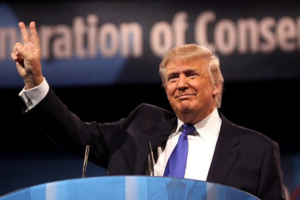Louis Brooks, 87, has walked to cast a vote at his neighborhood polling place in Georgia’s predominantly black Lincoln Park neighborhood for five decades. But not this year.
Brooks says he will not vote in the presidential election for the first time he can remember after local officials moved the polling station more than 2 miles (3 km) away as part of a plan to cut the number of voting sites in Upson County.
“I can’t get there. I can’t drive, and it’s too far to walk,” said Brooks, a black retired mill worker and long-time Democratic Party supporter. He said he does not know how to vote by mail and doesn’t know anyone who can give him a ride.
A Reuters survey found local governments in nearly a dozen, mostly Republican-dominated counties in Georgia have adopted plans to reduce the number of voting stations, citing cost savings and efficiency.
In seven of those counties, African-Americans, who traditionally back Democrats, comprised at least a quarter of the population, and in several counties the changes will disproportionately affect black voters. At least three other counties in Georgia dropped consolidation plans under public pressure.
While polling place cutbacks are on the rise across the country, including in some Democratic-run areas, the South’s history of racial discrimination has made the region a focus of concern for voting rights advocates.
Activists see the voting place reductions as another front in the fight over Republican-sponsored statewide voting laws such as stricter ID requirements that disproportionately affect minority and poorer voters who tend to vote for the Democratic Party.
Several of these have recently been struck down by courts that ruled they were designed to hinder minority voting.
“There is a history in those states of using different strategies to cut voting in minority communities,” said Leah Aden, senior counsel at the National Association for the Advancement of Colored People Legal Defense and Education Fund.
“Hogwash,” said Robert Haney, chairman of the Upson County Board of Elections, denying that race was a factor in his board’s decision.
“Nobody is trying to keep anybody from voting,” said Haney, adding that officials would send a ballot to the home of anyone who needed it. He said the cut in polling sites from nine to four was designed to increase efficiency by closing low-turnout sites, saving about $20,000.
The Nov. 8 election will be the first presidential contest since the Supreme Court ruled in 2013 that Georgia and all or parts of 14 other states with a history of racial discrimination no longer need federal approval for election law changes like polling place consolidations.
Since the court ruling, the Reuters survey found, more than two dozen local governments in eight of those states have implemented new cuts in polling places. Two thirds of those were met with public opposition.
Four of the states – Arizona, Georgia, Florida and North Carolina – could be election battlegrounds in the fight for the White House and control of the U.S. Senate.
“Impact Can Be Disastrous”
“This is part of the story of voting in the South,” said Willie Williams, a black small business owner from Daphne, Alabama, where polling stations were cut to two from five during last month’s municipal elections over the objections of black voters.
Williams, who still keeps his father’s receipt for his poll tax – the tax some blacks in the South had to pay to qualify to vote before civil rights laws in the 1960s eliminated it – says the reduction was “just another tool in the tool kit for shaving off minority votes.”
Daphne city officials denied any racial motivation, saying the changes were meant to improve safety and create better access and parking for voters.
Still, Isela Gutierrez, a research director at the liberal group Democracy North Carolina, says the effects of such cutbacks can be wide ranging. “The elections boards aren’t lying when they say some of these locations have low turnout and it makes better administrative sense to close them – but the impact can be disastrous.”
Numerous academic studies have found people are less likely to vote the farther they must travel and the longer they must wait in line, which becomes more likely with fewer voting sites.
“Some of these changes individually may affect only a small number of voters, but in the aggregate across the country it will be a very large number of voters,” said Danielle Lang, voting rights counsel at the Campaign Legal Center, a Washington-based voting rights and campaign finance group.
The issue gained prominence in a March primary in Arizona’s Maricopa County, where more than 30 percent of residents are Hispanic. A decision to slash polling places left voters in lines for up to five hours. Republican county officials said they misjudged turnout.
Consolidations
Georgia has been an epicenter for efforts to reduce polling places since the Supreme Court decision. And in that state, which has not backed a Democrat in a presidential election since 1992, polls show Republican Donald Trump and Hillary Clinton in a close battle for the presidency that could be decided by turnout of minority voters.
“If you want to restrict voter turnout in minority and disadvantaged communities, a good way is to move a polling place somewhere they can’t get to,” said Stacey Abrams, Democratic leader in the Georgia state legislature.
Hans von Spakovsky, a senior legal fellow at the conservative Heritage Foundation, said race was being unfairly inserted into the debate on polling place changes.
“It’s election officials making adjustments based on the changing ways people are voting,” he said.
A Reuters analysis, using voter registration lists for 2012 and 2016, found at least two Georgia counties where the changes disproportionately affect blacks.
A consolidation plan in Macon-Bibb County closed six polling places in black-majority neighborhoods, and only two in white majority areas. McDuffie County’s decision to eliminate three polling places means two-thirds of the county’s black voters, and one-third of its white voters, will now vote in one location.
Other changes have had little impact on minority voters. In Georgia’s Lumpkin County, for example, where blacks are just 2 percent of the population, officials consolidated seven polling locations into one to make the county compliant with federal disability laws.
Voting rights groups in several states have tried to form patchwork networks to track the changes, which are not well publicized, and then fight back where necessary with threats of lawsuits, petition drives or complaints to federal officials.
In Upson County, Haney said, the elections board dropped a proposal to close a polling site in heavily black Salem, a sparsely populated rural area, after residents pointed out the hardship of traveling an extra 10 miles (16 km) or more.
But the Lincoln Park site, which had just 230 voters cast a ballot in person on Election Day 2012, was more easily combined with a polling place in the center of the nearby town of Thomaston, he said.
Kay King, the only African-American member of the elections board in Upson County and the only one to vote against the voting site closures, said she knew it meant some Lincoln Park residents would not be able to vote.
“They walk to the store, they walk to church – when you don’t have transportation to get to something like this, it makes you not want to do it, you just throw your hands up,” she said. {eoa}
© 2016 Thomson Reuters. All rights reserved.
See an error in this article?
To contact us or to submit an article



